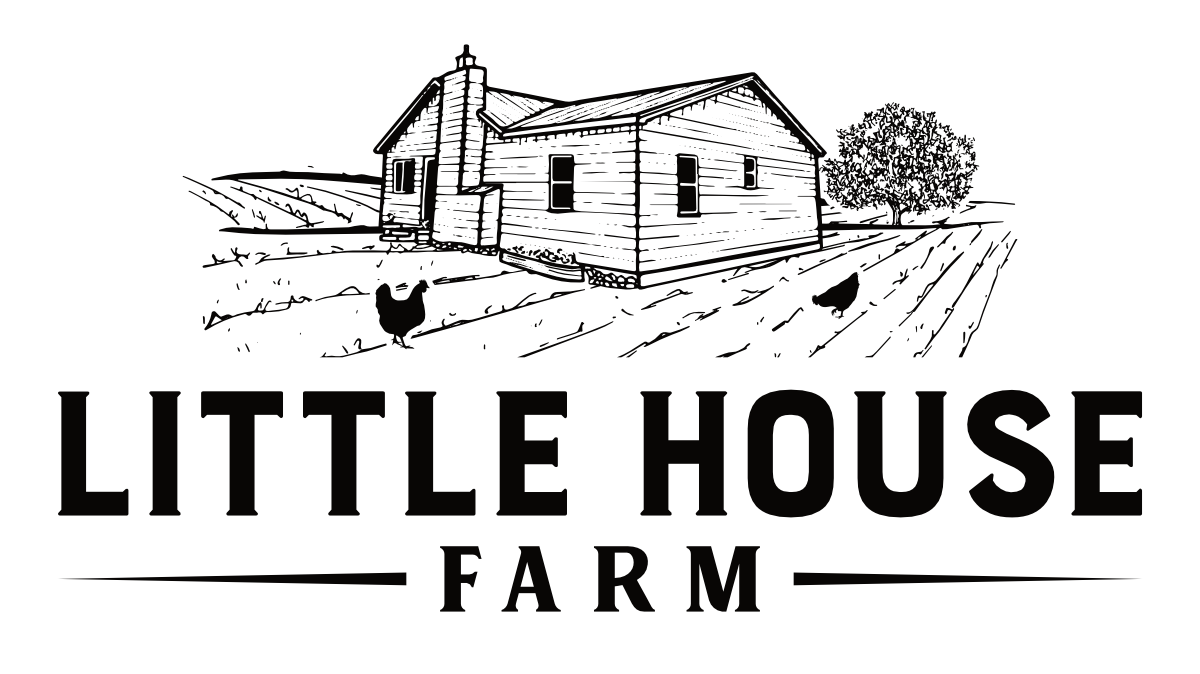For gardeners aiming to naturally enhance the growth and health of their plants, adding bone meal to compost tea offers a nourishing boost. Bone meal, a time-tested garden amendment made from ground animal bones, is rich in phosphorus and calcium—essential nutrients that support robust plant development and soil improvement. Here’s how incorporating bone meal into your compost tea can benefit your garden.
What is Bone Meal?
Bone meal is an organic fertilizer derived from the finely ground bones of animals. It is predominantly rich in phosphorus, with a good amount of calcium and a trace of nitrogen. These nutrients are crucial for the healthy development of plants.
Phosphorus for Root and Bloom Development
Phosphorus, the primary nutrient in bone meal, plays a pivotal role in the formation of roots and blooms. Adding bone meal to your compost tea provides a phosphorus boost that helps plants develop strong root systems and vibrant blooms. This is particularly beneficial for flowering plants and vegetables.
Calcium for Soil Quality and Plant Health
Calcium in bone meal helps improve soil structure by aiding in the regulation of soil acidity and promoting healthy cell wall development in plants. This not only makes nutrients more available but also enhances water penetration and retention, creating a better environment for root growth.
Slow-Release Nutrients
Bone meal is a slow-release fertilizer, meaning its nutrients are not immediately available but rather released gradually over time. When added to compost tea, it ensures a sustained supply of phosphorus and calcium, which is beneficial for long-term plant health and reduces the risk of nutrient leaching.
Boosts Soil Life
The addition of bone meal to compost tea can enrich the soil ecosystem. The nutrients in bone meal support the growth of soil microbes that play a key role in nutrient cycling, further enhancing soil fertility and plant health.
Easy Integration
Integrating bone meal into your compost tea is straightforward. Simply sprinkle a small amount of bone meal into your compost mixture before brewing the tea. This allows the water to extract the phosphorus and calcium during the brewing process, enriching the tea with these essential nutrients.
Sustainable and Eco-Friendly
Using bone meal supports sustainable gardening practices. It utilizes by-products from the meat industry that might otherwise go to waste, providing an eco-friendly way to recycle resources while benefiting your garden.
Conclusion
Adding bone meal to your compost tea can significantly enhance its effectiveness, providing your plants with vital nutrients that support root and bloom development, and improving soil structure. Whether you are cultivating flowers, fruits, or vegetables, incorporating bone meal into your compost tea recipe can lead to healthier plants and a more vibrant garden.
